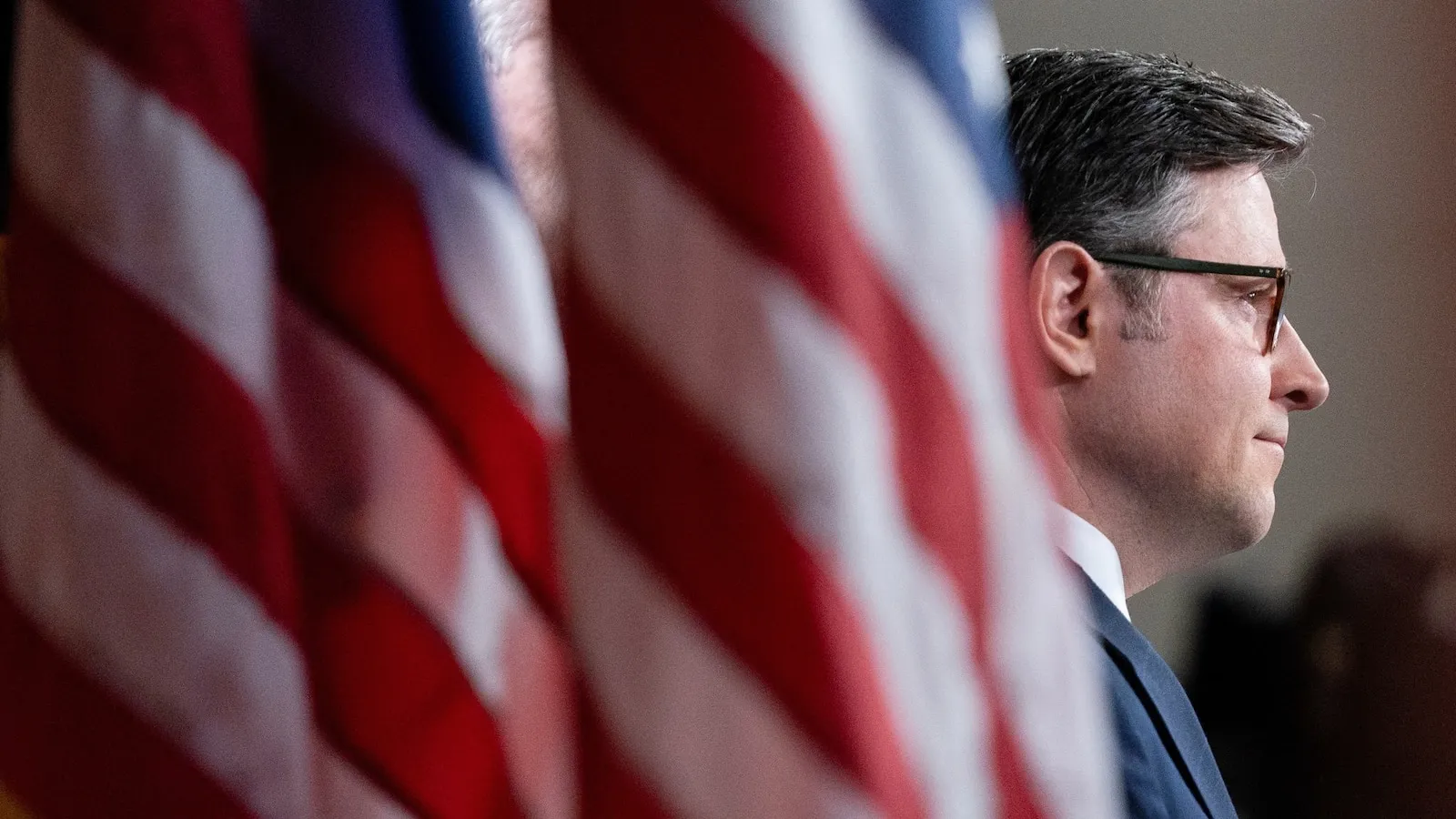“`markdown
Countdown to Chaos: Will Congress Pass the Spending Bill Before Shutdown Strikes?
As the clock ticks down to a potential government shutdown, Congress finds itself in a precarious position. With the deadline looming at the end of the week, lawmakers are scrambling to pass a spending bill that can avert a crisis. The stakes are high, as nearly 900,000 federal workers could face furloughs without pay, while over 1.4 million may be forced to work without compensation if an agreement is not reached.
The urgency of the situation is underscored by the recent unveiling of a 99-page spending bill by House Republicans. This bill proposes a modest increase in defense spending—$6 billion more than the fiscal year 2024—while simultaneously cutting nondefense programs by $13 billion. The Republican-controlled Congress is racing against time, with a critical vote scheduled for Tuesday to avert the impending shutdown.
Former President Donald Trump and House Speaker Mike Johnson are vocal advocates for a stopgap spending bill, framing it as a politically strategic move to prevent chaos. Their push for this legislation highlights the broader tensions within the Republican Party, as well as between the two major parties regarding fiscal policy and government funding priorities. Meanwhile, Democrats in the House remain unified in their opposition to the proposed bill, viewing it as a potential source of further political turmoil.
The ongoing brinkmanship over government funding and the debt ceiling has already had negative repercussions on the U.S. creditworthiness. If the House-passed bill fails to gain traction in the Senate, the consequences could be dire. Washington D.C. officials have warned that passing the bill could lead to a $1.1 billion budget cut, adversely affecting public safety, education, and economic growth initiatives.
As the legislation moves to the Senate, it faces significant hurdles. Democrats hold substantial influence over the bill’s fate, and bipartisan support is crucial to reach the required 60 votes. Critics of the proposed bill argue that it lacks specific funding directives for essential programs, raising concerns that it could allow the Trump administration to redirect funds at will.
The proposed cuts include significant reductions in funding for disaster relief, rural broadband, and veterans’ facility construction, alarming various stakeholders. Additionally, the bill includes provisions that could limit Congress’s ability to challenge presidential tariff decisions, a move seen as politically advantageous for Republicans.
In the midst of this political chaos, the potential economic ramifications of a government shutdown loom large. A shutdown could disrupt essential services and erode public trust in government operations. As Congress races against the clock, the outcome remains uncertain, and the nation watches closely.
In conclusion, the next few days will be critical for Congress as it attempts to navigate this complex fiscal landscape. The implications of their decisions will resonate far beyond the halls of power, affecting millions of Americans who rely on government services. As the deadline approaches, all eyes will be on Capitol Hill to see if a compromise can be reached before chaos ensues.
“`






Leave a Comment